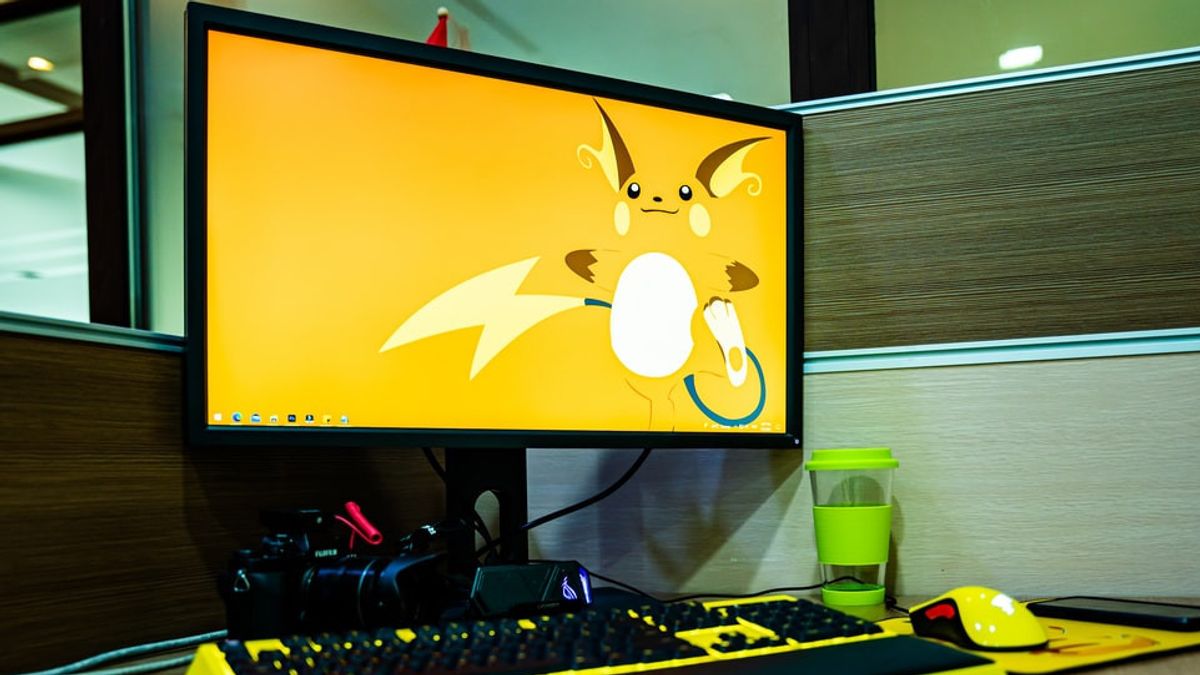JAKARTA - If you are recently interested in buying a new PC, there are things you should pay attention to because the answer is not as simple as you might think. Like many other technology products, PCs can make a pretty hefty bill. It's good to know what you're getting if you're going to make a significant investment.
A very important question to ask when you are buying a PC is how long will it last. Do all PCs have the same lifespan, or are other factors at play in this?
How Long Should A PC Last?
If you just search for "How long do PCs last" in a search engine, you'll find results ranging from three to ten years, but no definitive answer. But, in any case, you should expect to get a minimum of three years out of your PC.
It's also important to understand what it means for a PC to reach the end of its life. Often, a PC is considered to have reached the end of its useful life when the cost to repair or replace a faulty component exceeds the cost to purchase a new model.
So, let's take a look at what are the factors that affect the lifespan of your computer.
Use
If you only use your PC to check the news, shop online, or watch an episode or two of a TV show, chances are that your PC will last longer than if you used it all day.
Computers used to perform energy-intensive operations, such as those required for regular live streaming, cryptocurrency mining, or gaming, are more likely to experience problems, as more stress is placed on critical parts of your device.
Dust
Another PC killer that can render your device useless is dust. Dust is very problematic inside a PC and can cause the CPU and other parts to overheat quickly.
Even when the cooling fan is running. This can put a lot of stress on your computer's components, so it's important to clean them thoroughly every once in a while.
It is generally recommended that you clean your PC every six to twelve months, although the process for doing so will differ depending on the type of computer you have.
Component
There are also several different PC components that tend to become damaged over time which can lead to the death of your PC if not repaired or replaced. The parts of your PC that are prone to problems are usually the motherboard, cooling fans, and RAM.
Temperature
Both heat and cold can have a detrimental effect on your computer. Overheating is a big problem for PCs, as mentioned earlier. But keeping your computer in a cool room and off, and then turning it on, heat will quickly flow through the circuits and cause the components to expand and deform.
Most computers are designed to operate between 50 and 90 degrees Fahrenheit, so try to stay within these limits to avoid damaging your device.
Power Surges
There are a few additional things that can reduce the lifespan of your PC as well. A power surge is basically a voltage spike caused by a power outage, and can fry the processor and damage other parts of your computer. This can leave permanent damage that can affect the performance and lifespan of your PC.
The English, Chinese, Japanese, Arabic, and French versions are automatically generated by the AI. So there may still be inaccuracies in translating, please always see Indonesian as our main language. (system supported by DigitalSiber.id)













